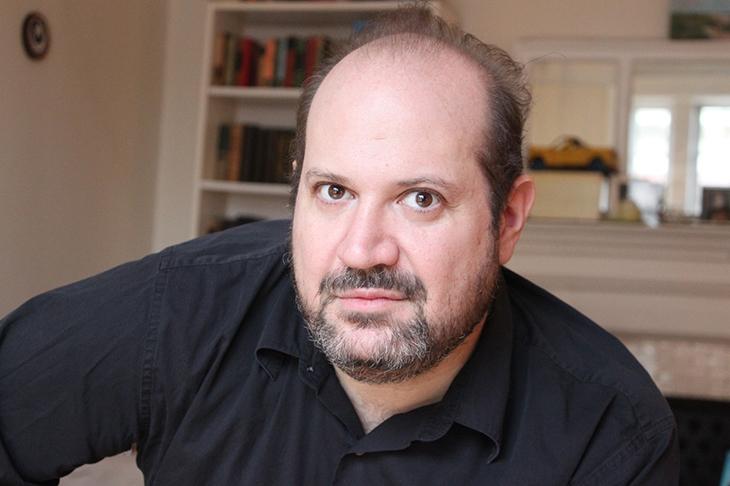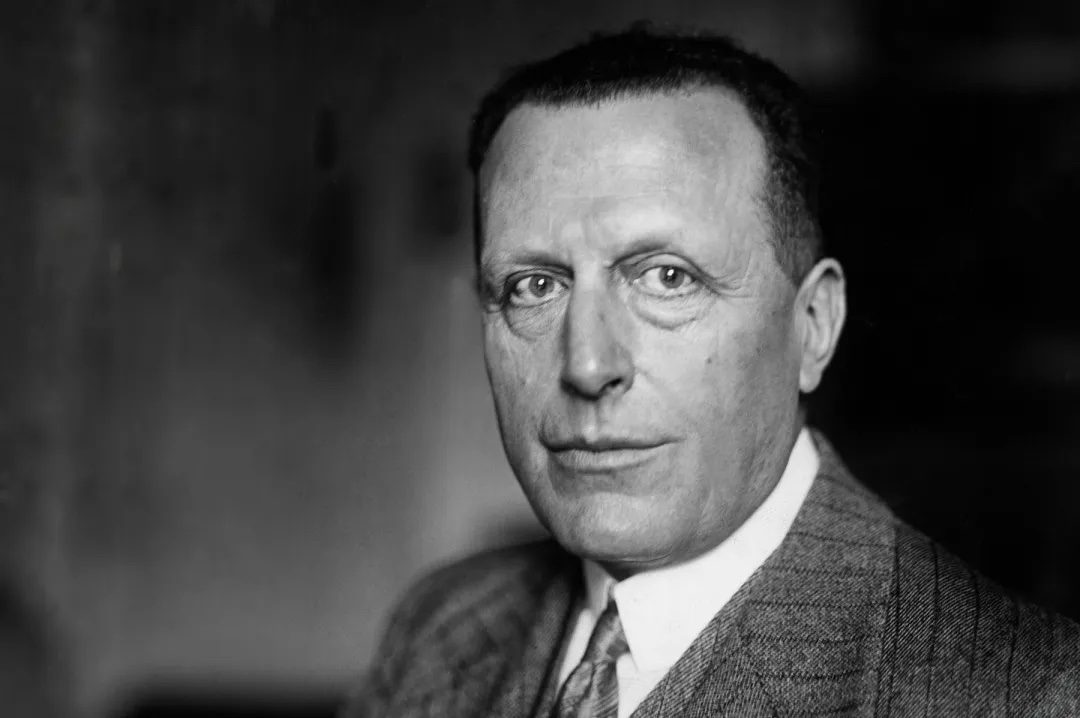This is an ebullient, irreverent and deeply serious novel in the noble tradition of Mark Twain, Sinclair Lewis (especially Babbitt and Elmer Gantry) and John Kennedy Toole. Sam Lipsyte certainly hits his prime target — the cultish behavior around mindfulness, motivational speakers and pallid spiritual beliefs — but one of the joys of the novel is that over and above that there is a scatter-gun sniping at various fads. Although it is laugh-out-loud funny, it swerves towards the end (the reasons would be too much of a spoiler) into slightly more melancholy and mystical modes.
At the novel’s center is the eponymous Hark, a strange, naive man who has developed a sort of lifestyle therapy he calls ‘mental archery’. The thing about mental archery is you don’t need to know how to use a bow. Instead, you can concentrate on the poses — wittily rendered throughout with such names as the Mind Nock, the Nottingham Surprise and Mongol Mare Shot. Is Hark a fraud or a genius? Even Hark doesn’t know. He was called Hark because his mother thought it was a name to whom the herald angels sang, and yet he does hearken, and attracts a varied cast of acolytes.
Principal among them for the purposes of the narrative is Fraz, a slightly pitiable middle-aged former history teacher, whose wife no longer loves him and who indulges in watching pornography and dreaming of being a film maker. (He thinks he is ‘a natural film maker. Maybe not so natural’.)Among the satellite cast are a guilty heiress who secretly smuggles bone marrow, a pretentious intellectual who is systemizing mental archery, a whacked-out veteran and a circle of perfidious plutocrats, mostly involved in social media, who intend to monetize mental archery and its talk of unstringing your bow, the fletch and always to calculate where something will be, not to aim at where it is. Hark creates a mantra based around William Tell and the question of whether he was trying to hit the apple or trying not to hit his son, so the disciples chant: ‘Apple, time, space, boy.’
Lipsyte has a little prose signature, which is to make a statement and then deny it. It works well in terms of the guru-gabble — ‘the hunter of meaning had found no meaning’; ‘history is also what didn’t happen… or maybe that’s not history at all’. The novel has a dazzling wit about it, which is only a shade of our surreal reality. A running joke involves the constantly changing name of the local bar, which at one point has become an Irish-Thai fusion bistro selling Thai basil corned beef and County Cork Curry Delight. Any book which can coin ‘shittinesslessness’ gets a gold star.
But for all the brio it is a novel infused with a certain sadness. At times this operates on the level of the sentence itself — ‘the dance dies down and the day grows dark’, a striking set of alliterations that seems both too much and just right. It exemplifies, to paraphrase G. K. Chesterton, that when people stop believing in God they don’t believe nothing — they believe anything.
This article was originally published in The Spectator magazine.























